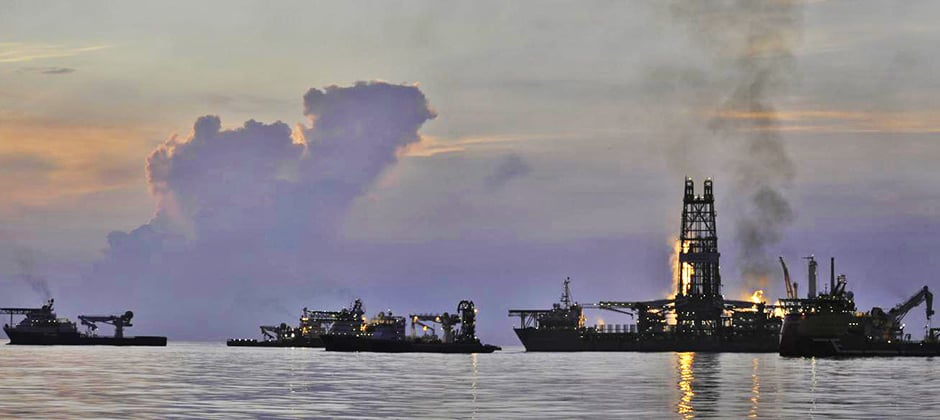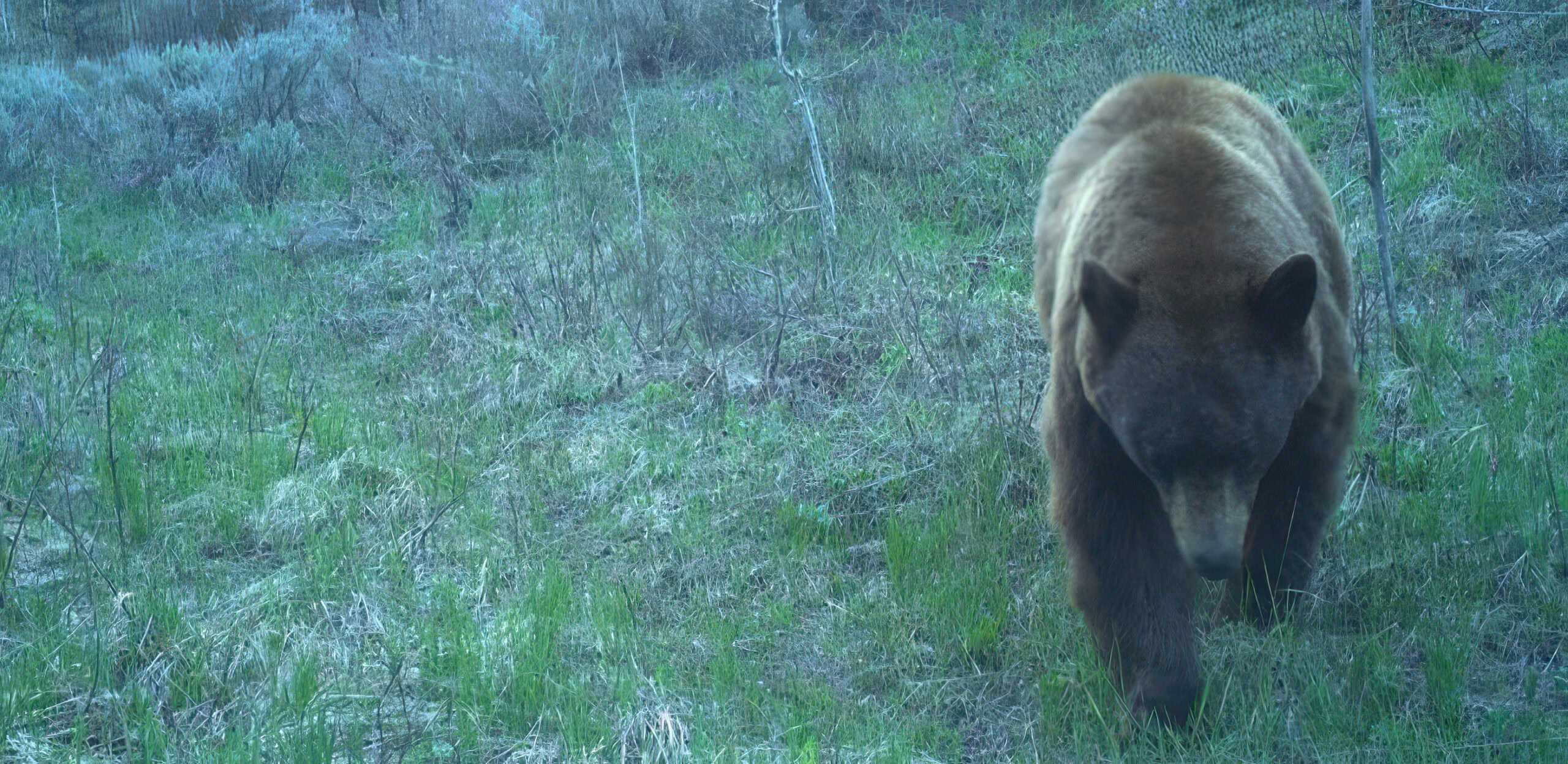Share this article
What did Deepwater Horizon teach us?
It’s been a decade since Deepwater Horizon oil rig exploded in the Gulf of Mexico. The disaster, which killed 11 workers and injured 17 others, released an estimated 168 million gallons of oil and 45 million gallons of natural gas into the ocean over 87 days. It was the largest accidental marine oil spill in history, with ramifications for sea life, birds, the coast and the people who live along it.
What have we learned since then? In a review paper published in the journal Nature Reviews Earth & Environment, Woods Hole Oceanographic Institution researchers discuss what scientists have discovered from studying the spill.
Watch the video below for some of the findings, or read the paper here.
Header Image:
Over a span of 87 days, the Deepwater Horizon well released an estimated 168 million gallons of oil and 45 million gallons of natural gas into the ocean, making it the largest accidental marine oil spill in history.
©Cabell Davis/Woods Hole Oceanographic Institution








